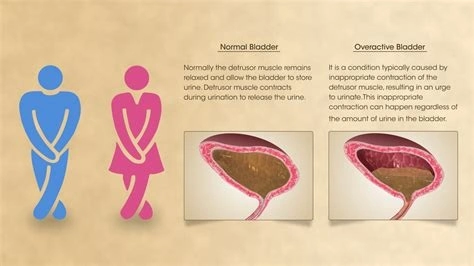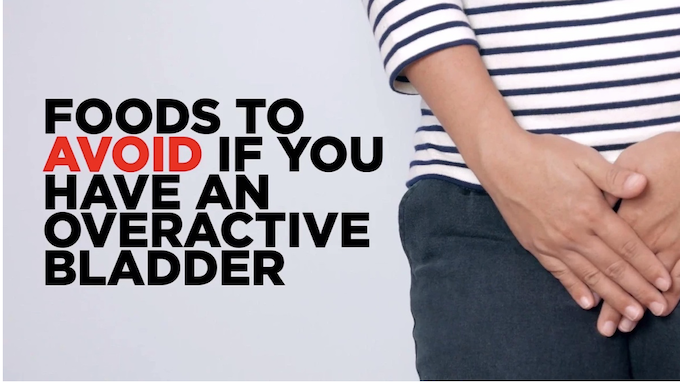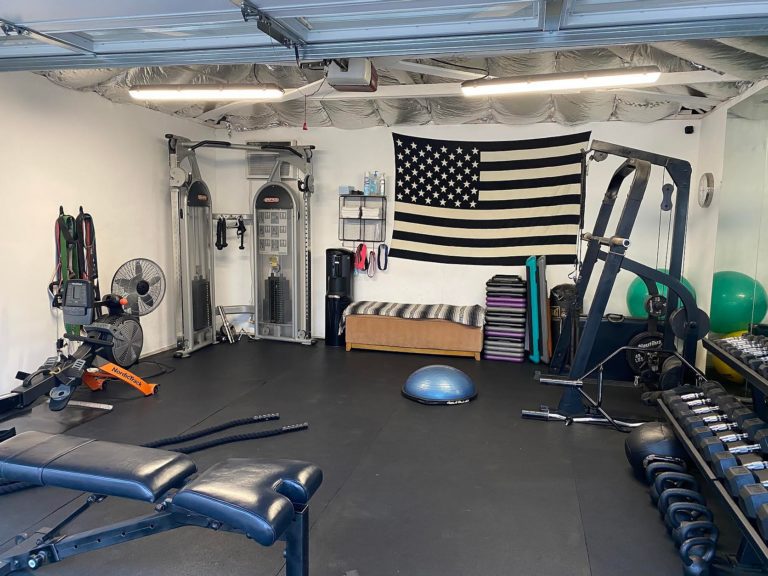Pee Less and Enjoy it More: What to do about an Overactive Bladder
My yearly well-check with my primary care physician was scheduled and I needed to prepare a list of health issues bothering me to discuss with her. The main item on that list was frequent urination. For several days prior to seeing my doctor, I kept a log of the times I urinated. One day it was 16, the next 20, and the least was 14. I was spending more time in the bathroom than working on my next novel or preparing lessons for my students. I needed to improve the quality of my life.
My primary care physician showed concern for my problem and sent me to see a urologist. Bless her heart. She did me a HUGE favor. First, I knew I had an enlarged prostate and thought that was the issue. Worse yet, at 75 I’m thinking cancer. The urologist asked a lot of questions then examined me. Yes, he stuck his finger up my rectum so deep I felt it in my throat. After I dressed, he said, “You have an overactive bladder.” The relief was palpable.
An Overactive Bladder (OAB) is not a disease. It’s a name given to a group of urinary symptoms that include a sudden, uncontrolled need or urge to urinate. Some people will leak urine, while others run frequently to the bathroom. At night they may have nocturia, like I have, and need to pee at least twice at night.
About 30% of men and 40% of women in the United States must deal with OAB symptoms. And it has a negative effect on our lives. I really can’t take long car trips anymore or stay away from home for any length of time. When I do, and get the urge to pee when I’m driving, I’ll pull to the side of the street and urinate. (My wife once told me the world was my toilet.) It’s either that or a wet jeans and a smelly car. As you can guess, I’m fearful of being away from a bathroom.
My urologist gave me a list of OAB dos and don’ts. I decided to study them and implement. Since I’m a writer, and I learn best by studying and writing about what I’ve learned, I decided to write this blog post. It’s a win-win for me, my twin brother who has similar symptoms, and for my readers with OAB.
Here’s what your overactive bladder is doing to you. It sends a signal to your brain that its full when it actually isn’t. However, you have an intense urge to pee, feel a need to urinate nine or more times per day, and even after you finish urinating, and walk out of the restroom, the urge to pee returns. Some people may leak urine when they have this urge and have nocturia.
What causes OAB? First, it could be weak pelvic muscles, a frequent OAB problem for women. Due to pregnancy and childbirth, muscles around the bladder have become stretched and weak. The bladder sags out of position causing the opening to the urethra to stretch. This, in turn, causes urine leakage.
Nerve damage is another cause of OAB. If you have diabetes, Parkinson’s, multiple sclerosis, depression, or a stroke the nerve damage caused by these problems sends false signals to the brain that the bladder needs emptying.
Certain medications, alcohol and caffein can dull the nerves and affect brain signals that result in bladder overflow. Diuretics and caffeine can cause the bladder to fill rapidly. And may cause bladder leakage.
If you’ve suffered from a urinary tract infection, that could irritate bladder nerves and cause OAB. Finally, excess weight is not good for your bladder. Surplus poundage puts pressure on the bladder and contributes to a need to urinate. Weight loss will reduce pressure on the bladder as well as reduce OAB symptoms.
Cigarette smoke irritates bladder muscles, and if you have a coughing spasm, you could encounter urine leakage.
There are irritants other than cigarette smoke or excess weight affecting your bladder. You need to avoid these common irritants:
• coffee • alcohol • soda • salt (in the late afternoon and evening)
•excess protein (late afternoon and evening). • spicy foods • chocolate
• citrus juices • spicy and acidic foods and drinks. •foods and drinks with artificial sweetener
When I read the no chocolate item on my doctor’s list I freaked. OMG! No dark chocolate! My life is as good as over. No worries, folks. Keep a bladder diary or journal. When the symptoms improve, and they will, add back your favorite OAB irritant and see how it affects you. If it doesn’t show a measurable change in bathroom visits, then it’s cool to eat or drink it again.
Your Daily Bladder Diary will show your beverage intakes, trips to the bathroom. accidents, urges, and activity you were doing when the urge arrived. Here’s a link to such a diary:
To keep OAB symptoms far away from self, maintain healthy bowel habits. Constipation places added pressure on the bladder causing you to feel the need to pee. You can avoid constipation and maintain bowel regularity by exercising regularly and eating these foods:
• beans • pasta • oatmeal • bran cereal • whole wheat bread
• fresh fruits • fresh vegetables
There are exercises you can also do that help OAB symptoms. I watched four different videos that could help you. Everyone can benefit from Dr. Rena Malik’s 11 Ways to Stop Overactive Bladder. She discusses the causes of OAB and what you can do about it.
Dr. Melissa Oleson’s video, Best exercises to STOP Peeing All the Time shows you ways to strengthen the muscles needed for stronger bladder control.
Finally, Dr. Eric Leckie in his video, Fix a Weak Bladder in 3 Steps where he provides a common sense approach for fixing OAB for good. And his video, How to Fully Empty your Bladder in 3 Scientifically Proven Steps will help you prevent those extra trips to the bathroom seconds or minutes after you’ve washed your hands.
It’s been a week since I started trying to reduce my trips to the restroom. I started with going to the toilet 16 times during the day and night to 11 times. Nighttime visits were as high as 4 times, but last night I went only twice. I still have a way to go to get bathroom visits down to 8, a normal count for most people. I’m eating more veggies, eliminated caffein from my diet and most everything else listed above. However, once a day I’ll eat a piece of dark chocolate. I need to learn the exercises better, but what I have practiced has shown promise. And one surprising benefit: I lost a couple of pounds.





I don’t think I have an overactive bladder but I do have an enlarged prostate. I think some of the information in the article also applies to an enlarged prostate. I especially liked the video on how to fully empty your bladder. I am already doing some of what is suggested but it gave me more information.
Yossie, I’m very happy the article helped you.